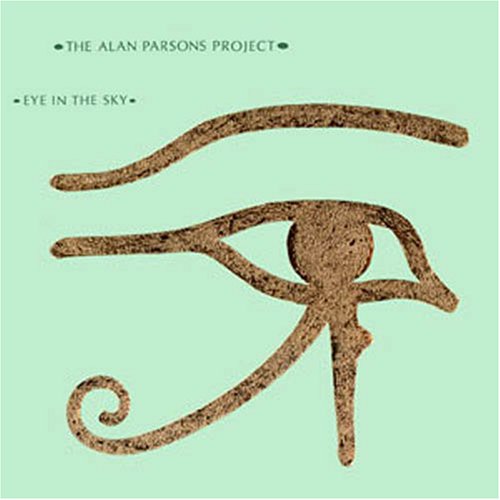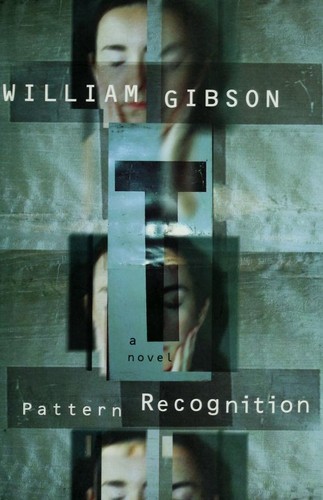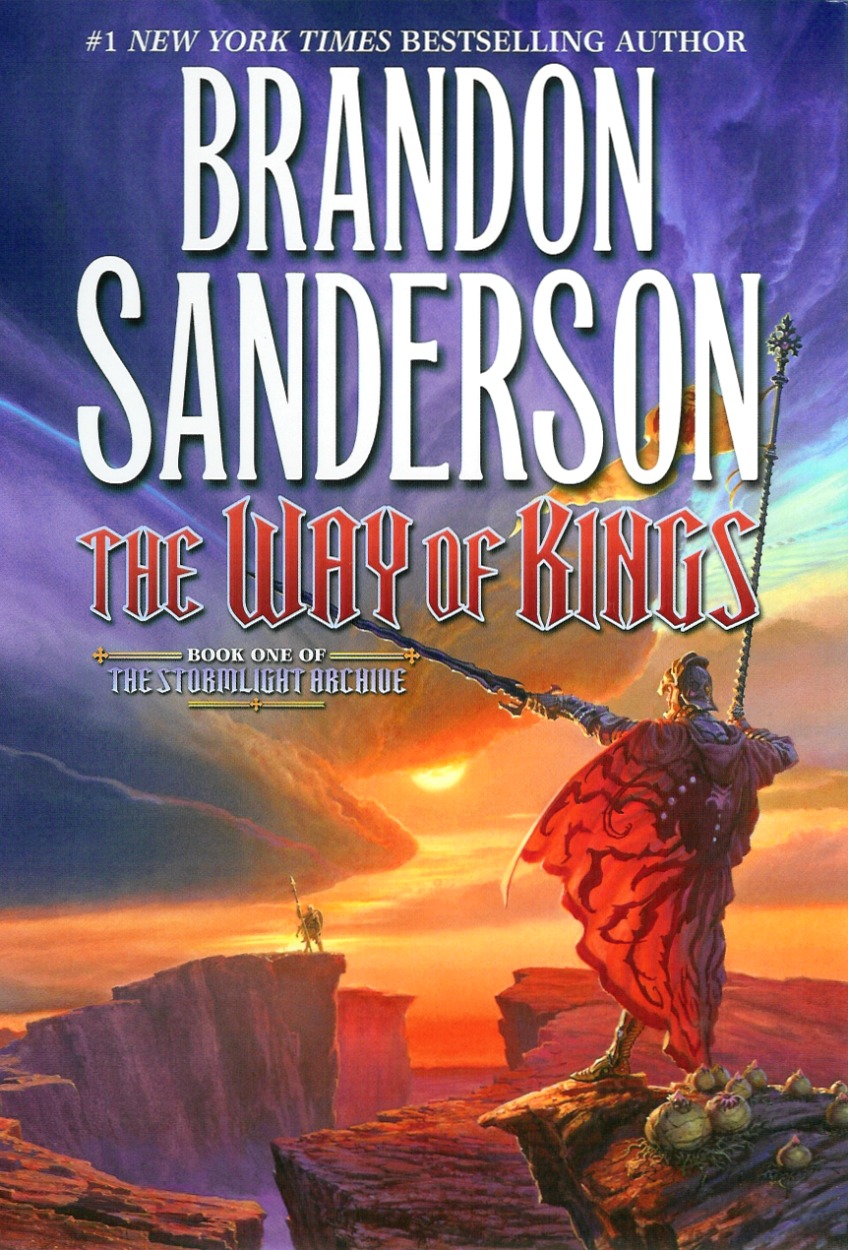My disdain for memes as social-political discourse is well documented. So I was surprised the other day to encounter one that I found to be fairly effective. At least on the first pass. Then my analytical mind kicked in, and I quickly found the meme was perfect–at helping me identify some of the problems I have with this particular topic. Here’s the text of the meme:
No one is asking you to apologize for being white. No one is asking you to apologize for the sins of your ancestors. What we are asking is that you help dismantle the oppressive systems they built, that you still benefit from.
Now, I realize–and often argue–that memes are entirely insufficient for communicating complex or nuanced ideas or positions. Anything that will fit in a meme cannot possess the depth necessary to rise above the level of cheerleading for their own side. Seldom is there enough detail, enough sophistication of thought to amount to more than a rhetorical finger in the eye of the opposition. No serious thinker can expect minds to be changed by a mere meme.
That said, there is more to unpack in this one than usual. Let’s start at the last sentence, what I see as the heart of the argument. “What we are asking is that you help dismantle the oppressive systems they built, that you still benefit from.”
First of all, who is “we“? This is important because of what follows. Someone is asking for my help, but without a clear definition of who it is, how should I respond. I know who we’re supposed to assume “we” is: minorities–blacks specifically, and Liberals perhaps, since I hear many of the sentiments expressed here coming from them most often. The generic “oppressed.”
Unfortunately, that is not good enough. While there are people in each of those groups whose lead I would willingly follow, I fail to find any cohesive, all-encompassing purpose and objective in any of those groups as defined. Which blacks would be calling the shots here? Which liberals? Which oppressed people? Who “we” is matters.
Why? Because of what they are asking us to join them in doing: dismantling systems. Not fixing, not evolving, not improving–dismantling. This Ambiguous We has decided that nothing can be saved, that these systems they have judged to be oppressive (at least I assume it’s the same We making that judgment–more on that later) must be destroyed. End of story. They’re bad. Tear them down.
I may or may not agree with them–I don’t know! The Ambiguous We don’t tell us which systems are oppressive. There is no published “List” out there I can turn to. I’ve seen a few articles that identify pieces of systems as oppressive and/or racist, but entire systems? Please. Give me some hard details here. What systems do you intend to destroy? What makes them not just oppressive (and I assume disproportionately oppressive, as any time you have a majority passing laws or electing leaders that will also impact a minority you technically have oppression) but irredeemably so to the point we must obliterate them?
The only clues we’re given as to why is in the final clause: “that you still benefit from.” Again, this is incredibly ambivalent. They leave it to the reader to convict themselves–“Oh, they must be talking about me! I’d better self-evaluate and provide my own list of things from which I benefit, as those are evidently bad and come from evil systems!”
There are so many things wrong with that. The assumption is that a) if it benefits me, it must be oppressive, b) it does not benefit anyone from any other group, c) it must have been intentionally designed that way centuries ago, and hence d) in order to be fair no one should gain those benefits.
Oh, wait. That last point may be erroneous extrapolation on my part, based on the fact that the Ambiguous We want to tear down these systems, and make no mention of replacing them with anything. If we take that at face value, (which we shouldn’t,) we could assume that they indeed just want to put an end to particular benefits being awarded by the system to a single, unworthy group–a leveling of the playing field, so to speak, so that no one is benefitted.
That, unfortunately, would be at best unsophisticated thinking, and at worse, dangerous. The assumption seems to be that any of these given systems exist only to provide benefits to a single group and meanwhile provides no benefit to any other group. Tearing down these systems would only bring the Privileged down equal to everyone else, with no possibility of the Unprivileged sinking as well–or it would perhaps be acceptable to make things worse for everyone, so long as those on top fall the farthest.
But there is another alternative that, depending on who you are, would be even worse–or much, much better. Though it’s not mentioned in the meme, it could be that the Ambiguous We are planning, with or without the help they seek from the rest of us, to build up new systems to replace the ones we tear down. But what can we assume about these new systems?
The optimistic view would be that the replacement systems will be fair to everyone, being completely free of unintended consequences (a fair requirement, as the inherent argument of this meme seems to be that those who built the current systems did so intentionally, and that all the consequences we experience today were foreseen and planned for). Ideally, these new systems would not just bring the Privileged down to the same level as the Unprivileged, but provide the same benefits to all, equally, across the board. Again, the assumption is that this is possible, and the failure of the initial system designers to do so was a deliberate act on their part.
A less optimistic view is that however devious and evil the original system designers may have been, at least some of the problems with our current systems were indeed unforeseen consequences, rising from a lack of foresight, lack of wisdom, or a lack of perspective, coupled with imperfect implementation or deliberate tampering by subsequent generations. It is therefore possible that even with the benefit of modern perspectives, sensibilities, and greater appreciation of the complexities of the world in which we live, our new system architects will also fail to produce a perfect system, free of unintended consequences and future tampering or general entropy. They may even be subject to, dare we say it, their own prejudices and blind-spots that may lead them to imbue their own systems with unconscious-but-deleterious flaws .
Or worse yet, what if it proves out that mankind is not more enlightened than our forefathers? What if, for all our experience, sophistication, and modern sensibilities, we are still subject to the same frailties and follies of the past, manifest in different ways? What if the Ambiguous We give in to their baser natures and intentionally create systems that still bestow limited, focused benefits, but on a different subset of society? What if they replace our current oppressive systems with new systems that oppress just as much, but with a change of target? What if the general whole might have been better had they simply destroyed and not replaced?
A grim view, to be sure, but what else are we to presume in the lack of actual details? All we are left to know at present is that we are invited to join with someone we don’t know to tear down systems they’ve not identified for reasons not explained, and replace them with we know not what. Fool that I am, I find this argument uncompelling at best, frightening at worst–and not just for what I, the presumed beneficiaries of the current, corrupt systems, might lose, but for what all might lose. I know the Ambiguous We are certain I shouldn’t care for anyone but my own “group,” but like it or not, I fear for what havoc this undefined movement may wreak on any ethnicity, religious persuasion, or any other identity classification you could name who suddenly find themselves excluded from the Ambiguous We they had thought themselves a part of.
That is the danger of this vague, undefined movement we’re being invited to join–we just don’t know anything about it. All we know is how they view the world–or more specifically, their enemies. Indeed, the one detail they do provide is that they are convinced white people have a great deal to apologize for. They are convinced white ancestors were sinful–perhaps even the sole source of sin in our society. But they aren’t asking for our apologies. We’re way beyond that. The only penance they are interested in is our facilitating the destruction of all systems defined as providing white people any benefit.
Now I know this is a lot to derive from a single, simple meme. But that in itself is an indicator of the problem. I hear the same sentiment expressed regularly and loudly and at greater length–but never with any more detail. No movement can achieve and maintain a clear, concise focus for long, but so far I’m not even hearing from anyone who is trying. What I mainly hear is general agitation, slowly turning up the heat, bearing all the marks of racism– except it’s not, we’re told, because only white people can be racist.
Now, I know that the definition of racism has changed quite a bit in recent years, but that in itself should be a warning flag when the definition that has been abandoned is the one that was truly inclusive, the one that accepted that any group could be subject to racist or bigoted ideas. Real inclusivity is as much about the idea of that no race, gender, or other identity group is intrinsically good as it is that no race, gender or other identity group is intrinsically bad. Real inclusivity is the understanding that we all have value, and that we all share the capacity for folly and evil. Real inclusivity is understanding that we’re all in this together and need one another.
That is why I don’t support much of the current push to teach identity-centered theories in school–something that is a far cry from merely teaching history and discussing social relations so many claim it is. What is being pushed is precisely what that meme advocates: assignation of blame and the acceptance that those blamed are redeemable only by willingly participating in the complete overthrow of the systems that define our society as hopelessly tainted and without value.
Any honest person should recognize that is wrong on its very face. There are a significant number of The Oppressed who do not support that viewpoint. They may see flaws in the system, both in its design and its implementation, but they see the value as well, and they are not willing to run the risk of merely changing oppressors by tearing it all down. They are willing to work with anyone and everyone willing to help mend, to build, and to correct rather than to search and destroy.
These are the people I extend my hand to and pledge to work along side with, not the “Ambiguous We” and their intentionally ambiguous future. As much as they may want us to think so, the Ambiguous are not the only the only ones offering a solution–if they indeed even have one to offer. We should all consider carefully all the options before us, who is proposing them, and what their solution will look like. There are many paths to the future, but not all of them lead somewhere we’ll like. Choose wisely–and not from memes.
Note: on a related note, I found this video insightful and well-considered, and it tackles many of the issues I attempted to address–and probably does it better. I expected a rather one-sided argument, but was given a great degree of nuance and moderation, which I generally find more convincing. Binary thinking should always be suspect. If you’ve made it this far you’ve already devoted a great deal of time, and this…is not short. But I feel it’s time well spent.


:format(jpeg):mode_rgb():quality(90)/discogs-images/R-13224837-1550271999-9878.jpeg.jpg)


:format(jpeg):mode_rgb():quality(90)/discogs-images/R-3535656-1516502485-6432.jpeg.jpg)

:format(jpeg):mode_rgb():quality(90)/discogs-images/R-6373018-1417633969-1467.jpeg.jpg)

:format(jpeg):mode_rgb():quality(40)/discogs-images/R-7394731-1440568440-5148.jpeg.jpg)






:format(jpeg):mode_rgb():quality(90)/discogs-images/R-1869507-1402219364-4774.jpeg.jpg)
:format(jpeg):mode_rgb():quality(90)/discogs-images/R-631107-1259715447.jpeg.jpg)
:format(jpeg):mode_rgb():quality(90)/discogs-images/R-2389073-1281181959.jpeg.jpg)

















